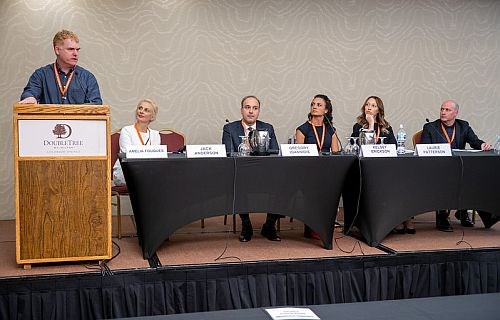Doping decisions: In pursuit of uniform sentencing
After British heavyweight boxer Dillian Whyte was accused of doping in 2012, he engaged attorney Gregory Ioannidis to represent him. Whyte had tested positive for the banned stimulant, MHA, which was contained in a dietary supplement he’d taken. Whyte’s circumstances were remarkably similar to those of Bulgarian tennis player Dimitar Kutrovsky, who had also taken a dietary supplement containing MHA. Neither men had received an anti-doping education, both knew the source of the MHA, and both were able to show that their performance had not been enhanced.
Kutrovsky’s case was the first to be heard. He had initially been banned for two years by the International Tennis Federation (ITF), but in 2012 his sanction was reduced to 15 months on appeal by the Court of Arbitration for Sport (CAS).Whyte’s case, which was heard by the UK’s National Anti-Doping Panel (NADP), resulted in a two-year ban that was upheld on appeal.
The discrepancy between the two sentences is by no means unique, Ioannidis told at Play the Game 2019. In many cases, he said, similar doping circumstances can result in different sanctions by different bodies. Part of the reason for this, he said, is that legal precedents are rarely applied across the national boundaries and sports associations. Each case is heard on its own merits, and in Whyte’s case the NADP was under no obligation to follow CAS’s lead.
In Ioannidis’s view, a recognition of precedents across national sports associations and borders would improve legal certainty for athletes and reduce the number of decisions that are seen as “unfair”. CAS, he pointed out, already operates an unofficial system of judicial precedent as its panels frequently refer to previous decisions and are reluctant to depart from them. Were CAS to adopt an official system of judicial precedent, he said, the result could be a better alignment of decisions by national bodies, with CAS serving as the ‘supreme court of sport’.
“Adherence to binding precedents from CAS could go a long way to harmonising the system,“ US Attorney Howard Jacobs told. “It could lead to the first instance decision process being improved and made more professional. Similar circumstances would deliver similar sanctions. With precedents coming from CAS, there could also be fewer appeals. CAS panels would need to view their role differently, as they would be providing guidance to first instance tribunals.”
Jack Anderson of the University of Melbourne told Play the Game 2019 that a new national sports tribunal for Australia is currently in the process of being established.
CAS, he said, is seen by many as prohibitively expensive, and not user friendly. The new tribunal, he said, will rule on doping and other sports-related cases and appeals and will have the power to compel witnesses. Initially, he said, bodies with their own tribunals and Olympic associations were unlikely to place themselves under the tribunal’s jurisdiction. However, over the longer term it could prove a more attractive option than CAS.
In more than 40 sessions, over 170 speakers will present their thoughts and oponions on a wide range of the most topical questions in world sport during the 11th Play the Game conference, taking place in Colorado Springs, USA, 13-16 October 2019.







